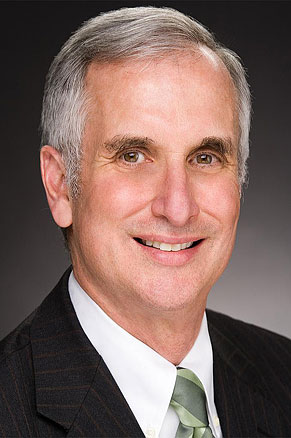It was a period in which the United States came alive: After World War Two and the preceding 10-year economic depression of the 1930s, the country enjoyed a period of tremendous economic expansion and societal transformation. Military veterans returned home ready to resume their lives, begin careers and start families. This produced a large demographic shift, with tens of millions of people moving from the cities to the relative peace and serenity of the suburbs, which they hoped would be a better place for their children to grow up.
From 1946 through 1964, over four million children were born each year. Home ownership rates soared and one car in the driveway and one in the garage became the norm, or at least a dream, for middle-class families.
The oldest of these postwar children – the baby boomers – turned 65 in 2011 and have entered their glide path toward retirement. Between now and 2029, 7,000 people each day are expected to retire – a large number that presents unique financial challenges to individuals as well as to the broader society.
As in many advanced industrial nations, most US workers are not ready for what lies ahead. This sad fact keeps government policy-makers as well as older workers awake at night worrying about the future.
Help will not come from the government. The Social Security and Medicare systems are already under stress, and this will only increase as the number of baby boomers leaving the workforce swells. There will be less revenue as people stop working and paying taxes, while the government will need to spend more to meet promises made to retirees during the time they were employed.
State and local government pension and retirement plans have parallel problems. Over the last 35 years, there has been a significant erosion in the number of private employees enrolled in traditional defined benefit plans. All of this means an increased focus by policy-makers to find ways to increase private retirement savings, particularly among aging baby boomers, a high percentage of whom are not prepared for their looming retirement.

